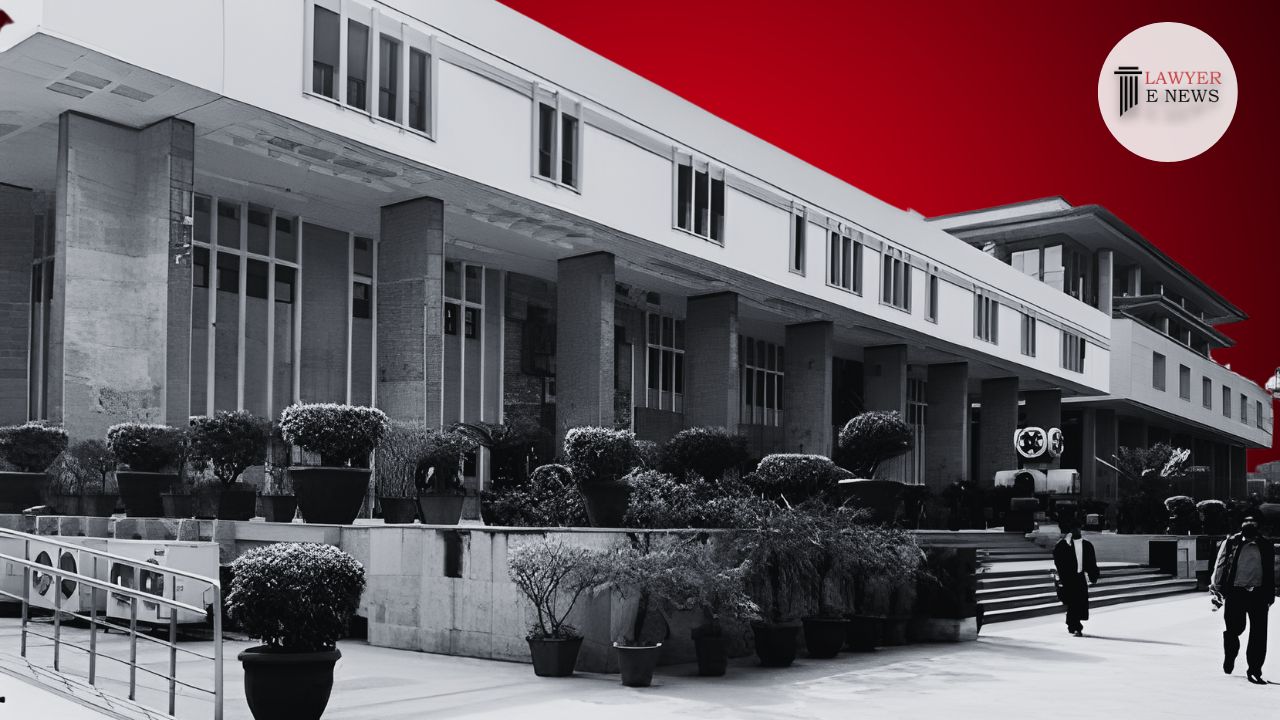-
by Admin
15 February 2026 5:35 AM



The Delhi High Court has upheld the Family Court’s decision to deny interim custody of a minor child to the appellant, Amit Sharma, during ongoing divorce proceedings. The court emphasized the child’s best interests and psychological welfare, considering the child’s evident discomfort in the father’s presence. The judgment underscores the importance of a child’s mental state and gradual adjustment in custody and visitation matters.
The parties, Amit Sharma and Sugandha Sharma, were married in July 2013 and had a son, Shrestha Sharma, born in January 2016. Marital discord led to the respondent leaving the matrimonial home in September 2021 with the child. Subsequently, the respondent filed a police complaint alleging domestic violence and initiated divorce proceedings. Amid these proceedings, the appellant sought visitation rights and interim custody of their son.
The Family Court Initially granted virtual visitation rights and later allowed supervised physical meetings. However, due to the child’s apparent discomfort and apprehension in the father’s presence, the Family Court denied the appellant’s request for interim custody, prompting the appeal.
The High Court placed significant weight on the interim reports from the Family Court Counsellor and Children’s First, a reputed mental health organization. These reports consistently noted the child’s discomfort and reluctance to interact with the father. “The child’s well-being and comfort are paramount in custody matters,” the bench remarked.
Reaffirming the principle of the child’s best interest, the court observed, “In matters of custody, the psychological state of the child holds utmost importance. Forced interactions that induce fear or discomfort in the child are detrimental to their welfare.” The court also acknowledged allegations of the respondent tutoring the child but found no immediate evidence to support a change in interim custody.
The court directed that supervised visitation should continue twice a month under the supervision of a counsellor. “Gradual adjustment is necessary to foster a healthy relationship between the child and the non-custodial parent,” the court noted. The previous arrangement of meetings at the Children’s Room, Dwarka Courts, was upheld, ensuring the presence of a counsellor to mitigate the child’s apprehensions.
Addressing the appellant’s claim of the respondent tutoring the child against him, the court remarked, “While parental influence is a concern, the immediate psychological impact on the child is the primary consideration. Current assessments show the child’s need for stability and gradual counselling.”
Justice Amit Bansal highlighted, “The child’s apprehension in the father’s presence is evident from the counsellor’s reports. Immediate custody changes could exacerbate the child’s mental distress.” He further stated, “The child’s tender age and need for psychological stability outweigh the appellant’s request for interim custody.”
The Delhi High Court’s dismissal of the appeal reinforces the judiciary’s commitment to prioritizing a child’s psychological welfare in custody disputes. The decision underscores the necessity of medical and psychological evaluations in determining a child’s best interests. By upholding supervised visitation and denying interim custody, the judgment aims to ensure a balanced approach that fosters a gradual, healthy relationship between the child and the non-custodial parent. This ruling is expected to guide future custody cases, emphasizing the critical role of a child’s mental well-being in judicial decisions.
Date of Decision: July 09, 2024
Amit Sharma vs. Sugandha Sharma
